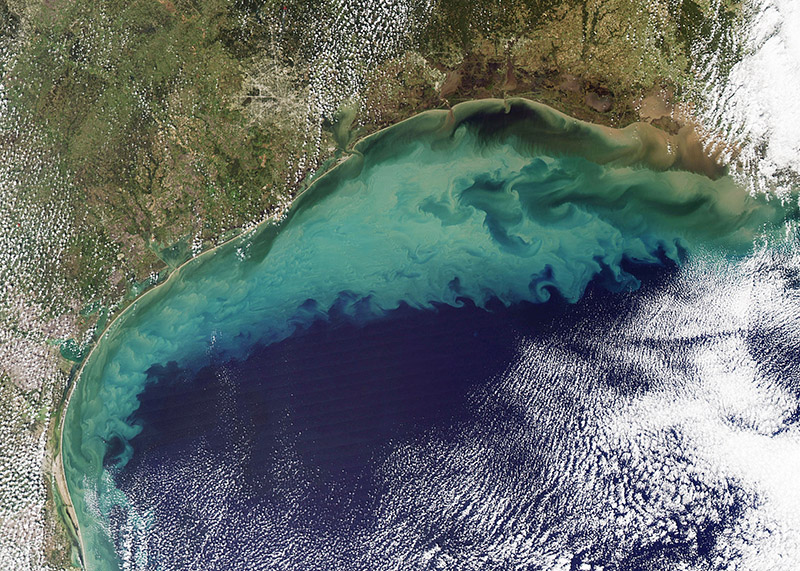MBL's Jerry Melillo Leads Gulf Research Board at National Academy of Sciences

Jerry Melillo, Distinguished Scientist and director emeritus of The Ecosystems Center at the Marine Biological Laboratory (MBL), has been named chairman of the Gulf Research Program Advisory Board.
This board, based at the National Academy of Sciences, is developing a strategy to invest $500 million over 30 years into research, monitoring, and capacity-building programs to enhance oil and gas system safety and to promote healthy ecosystems and communities in the Gulf of Mexico.
The Gulf Research Program’s funding comes from the legal settlement pursuant to the 2010 Deepwater Horizon oil rig explosion in the Gulf, which caused the largest offshore oil spill in U.S. history. As part of the $20 billion settlement with the responsible oil company, BP, federal courts designated $500 million for the National Academy of Sciences – an independent, nonprofit organization – to establish the Gulf Research Program.
By funding competitive grants, fellowships, and other activities, the program aims to advance four strategic initiatives: 1) reduce risk in offshore oil and gas operations; 2) monitor for healthy ecosystems and communities; 3) plan and take action for healthy and resilient coastal communities; and 4) build capacity to address cross-boundary challenges.
“The Advisory Board is working to identify the most important science needed to advance the program’s four initiatives,” Melillo says. “A particularly interesting challenge is to further an understanding of the Gulf’s interconnected human, environmental, and energy systems.” The board includes physical, biological, and social scientists, engineers, educators, and industry representatives.
As a result of the Deepwater Horizon accident, Gulf Coast communities and natural resources suffered extensive direct and indirect damage, including to wetlands, coastal beaches, barrier islands, marine wildlife, and oyster and other habitats. Losses included, for example, an estimated 20 percent reduction in commercial fishery landings across the Gulf.
“Ultimately, the program seeks to support a small number of large, enduring projects that, when looked at in the rear view mirror 30 years from now, will be recognized as particularly wise science investments to meet the program’s goals,” says Melillo, who has a three-year term as board chairman.
A distinguished ecosystems ecologist, Melillo specializes in understanding the impacts of human activities on the biogeochemistry of ecological systems, from local to global scales. He has also dedicated decades of service to providing a scientific foundation for environmental policy. Melillo chaired the third U.S. National Climate Assessment, published in 2014, and co-led the first two National Climate Assessments (2000 and 2009). In 1996 and 1997, he served as Associate Director for Environment in the U.S. President’s Office of Science and Technology Policy, and he served as lead author on the earliest reports prepared by the Intergovernmental Panel on Climate Change (IPCC). Melillo is a member of the National Academy of Sciences, the American Academy of Arts and Sciences, and the American Philosophical Society.
—###—
The Marine Biological Laboratory (MBL) is dedicated to scientific discovery – exploring fundamental biology, understanding marine biodiversity and the environment, and informing the human condition through research and education. Founded in Woods Hole, Massachusetts in 1888, the MBL is a private, nonprofit institution and an affiliate of the University of Chicago.
